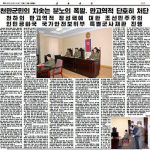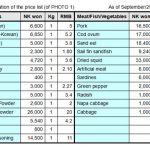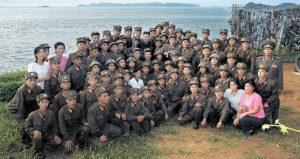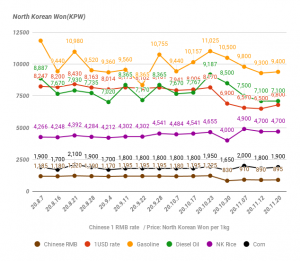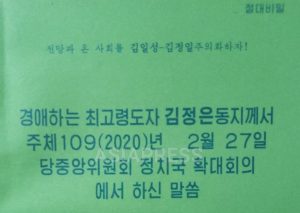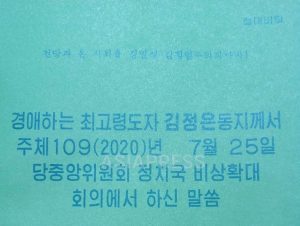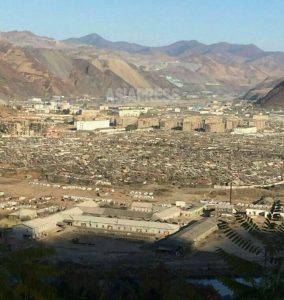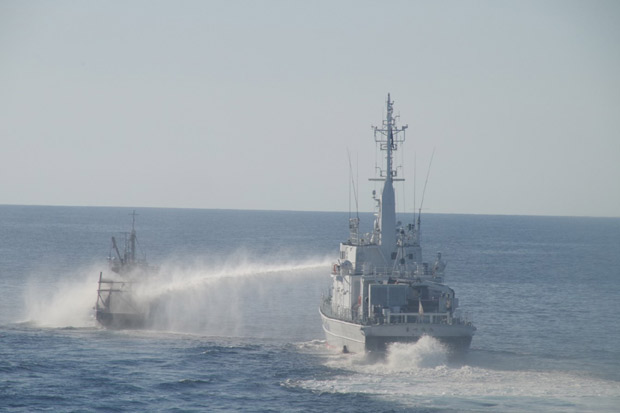
A Japan Coast Guard vessel uses a water canon to clean the decks ofa drifting North Korean fishing boat. Taken by the Japan Coast Guard in July 2017.
2017/Dec/28
Wooden fishing vessels, most likely from North Korea, are washing up on Japanese beaches with some regularity. Many of these ‘ghost ships’ wash ashore as partial wrecks, but several have been found without any damage, to the extent that squid drying racks are still propped up on deck.
The fishing season for squid runs from June to July. North Korean fishing boats tend to hone in on Yamatodai, in Japan’s Exclusive Economic Zone(EEZ) to illegally catch squid. A photo taken by the Japan Coast Guard in July shows a typical example of a washed up vessel from North Korea, complete with squid slung over dry in gracks.
Hooks for catching squid were found in the boats washed up on the Japanese coast. It is reasonable to assume that the sharp increase of fishing boats washing ashore in November is the result of increasing difficulties for catching squid forcing North Korean vessels to venture further into Japanese waters. Boats with poor equipment are required to approach nearer to the coastal waters of Japan during the fall season of September-October.
Squid is a valuable source for foreign earnings of the state. Once off-loaded on North Korean docks, high quality squid are normally exported to China. It is estimated that the export ofseafood amounts to KRW193.1 billion, making it the 3rdmost important product to the North Korean economy, according to2016 statistics.
However, it recently became impossible for North Korea to earn foreign capital through squid as the UN Security Council sanctioned the export of these products in August. Is the North Korean state able to cover the cost of squid fishing?
Next Page:Our ASIAPRESS reporting partner spoke with a North Korean...



